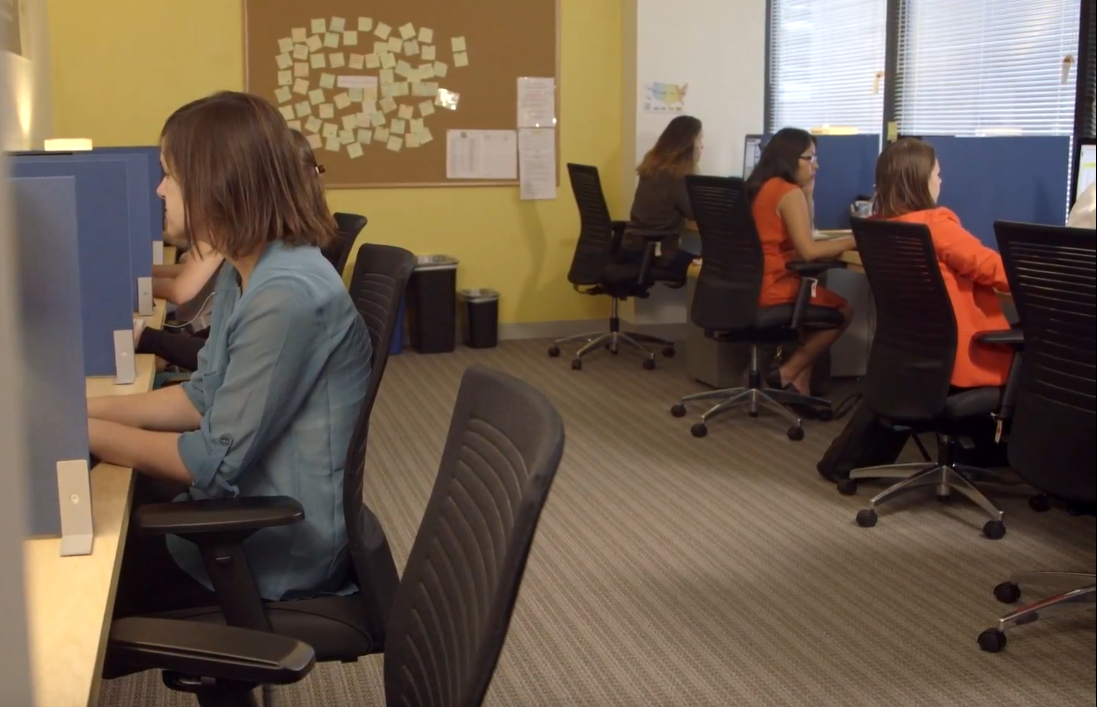As teens begin to shed their childhood dependence and transition into young adults, they may engage in new behaviors, form new relationships, and try new things. It’s an important time for teens to learn more about themselves. It’s also a time of elevated risk of sexual assault.
Females ages 16-19 are four times more likely than the general population to be victims of sexual violence. There are a number of factors that may contribute to this elevated risk:
- As dependents, teens are at risk of being abused at home; for 34% of juvenile victims, the perpetrator is a family member.
- Teens are just beginning to enter the dating world, often without a strong understanding of what makes up a healthy relationship or how to give and receive consent.
- At a time when the decision-making parts of the brain are still developing, many teens experiment with drugs and alcohol for the first time, making them more vulnerable to perpetrators who commit acts of sexual violence.

“One in four people who turn to the Online Hotline are under 18, and the number of young users is only growing,” said Candice Lopez, director of the National Sexual Assault Hotline. If you suspect a teen is being harmed or experiencing sexual violence, stepping in can make all the difference—but sometimes, it’s hard to find the right words to say.
RAINN support specialists who staff the National Sexual Assault Online Hotline (online.rainn.org y rainn.org/es) are trained to respond to teens who are looking for support following sexual assault. They’ve shared the following tips, phrases, and small actions that parents and caretakers can take when working with teens who may have experienced seuxal assault.
- Teens may be showing independent streaks, but they need to know you’re still there to take care of them. If a teen discloses an assault to you, use phrases that emphasize your role as a caretaker.
- “You are my priority and I am here for you.”
- “No one has the right to make another person feel bad about themselves.”
- “You don't have to go through this alone; I am here for you."
- Avoid using terms that the teen has not used. For example, if the teen describes what happened to them and doesn't use "rape" or "sexual assault," you shouldn’t use these words to define what happend. Try to mirror the teen’s language.
- Avoid phrases like, “drunk hook up,” and “you should have known better.” Phrases like these can diminish their experience and keep teens from learning what is—and is not—healthy in a relationship.
- One of the most supportive things parents can do is be available for teens to ask questions and be willing to talk about important subjects, like consent and relationships.
- Not all teens know what a healthy relationship looks like. Explain that in healthy relationships, partners can freely voice their opinions about what they want to do and what their limits are—and those boundaries and limits should always be respected.
- Keep resources on hand that you can share with the teen. Let them know that they can chat for free with a trained support specialist from RAINN at any time at online.rainn.org.
Learn more about teens, sexual violence, and supporting the survivors in your life.